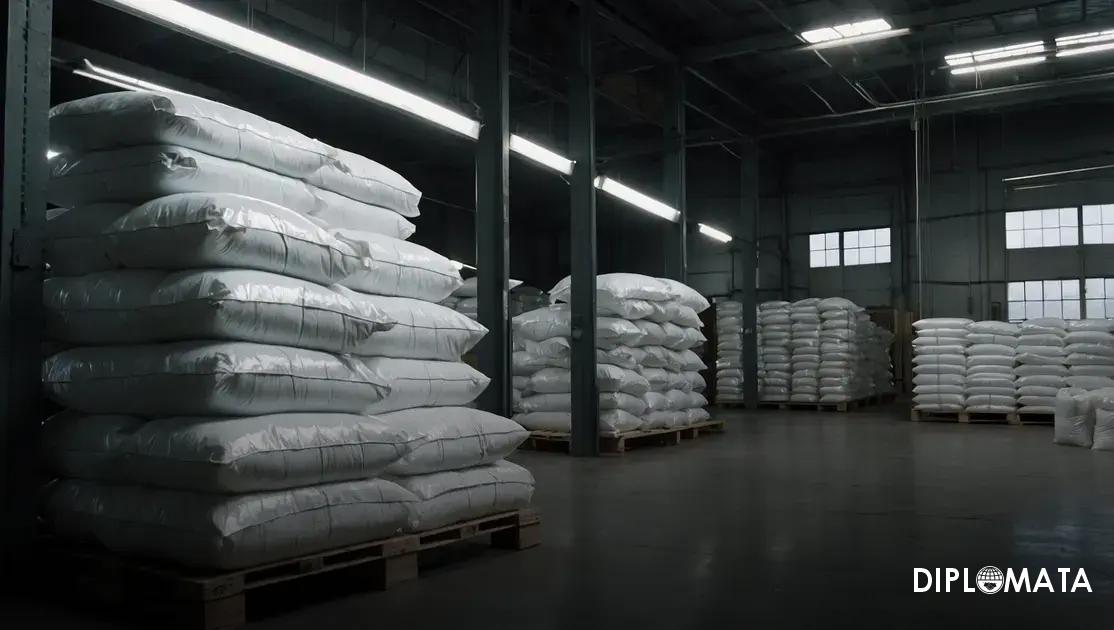Diethanolamine Industrial Uses in Surfactants
Diethanolamine (DEA) is widely utilized in the production of surfactants, which are critical components in various cleaning products, detergents, and emulsifiers. The amphiphilic structure of DEA allows it to effectively reduce surface tension, enabling better spreading and wetting properties. This characteristic makes diethanolamine an essential ingredient in formulations designed for personal care products, industrial cleaners, and agricultural applications, where enhanced cleaning efficiency is paramount.
Diethanolamine in the Production of Foaming Agents
In addition to its role in surfactants, diethanolamine is also employed in the manufacture of foaming agents. These agents are crucial in various industries, including food processing, pharmaceuticals, and cosmetics, where foam stability is desired. The unique properties of DEA allow for the creation of stable foam that can enhance product performance, improve user experience, and facilitate better application methods in diverse settings.
Diethanolamine as a Corrosion Inhibitor
Another significant industrial use of diethanolamine is as a corrosion inhibitor in various applications, particularly in oil and gas industries. The presence of DEA in water-based systems helps to protect metal surfaces from degradation due to corrosion. This application is vital in maintaining the integrity and longevity of equipment, pipelines, and storage tanks, ultimately contributing to operational efficiency and safety in industrial processes.
Diethanolamine in Agriculture
In the agricultural sector, diethanolamine is used as a key ingredient in herbicides and pesticide formulations. Its properties facilitate the absorption and effectiveness of these chemicals, ensuring efficient application and enhanced crop protection. The use of DEA in this context not only improves agricultural productivity but also minimizes the environmental impact by optimizing the delivery of active ingredients to target pests and weeds.
Diethanolamine in the Textile Industry
Diethanolamine is also applied in the textile industry, where it serves as a dyeing and finishing agent. Its ability to act as a wetting agent makes it essential in processes that require uniform dye distribution and improved fabric quality. The incorporation of DEA into textile formulations enhances the final product’s appearance, feel, and durability, making it a preferred choice among manufacturers.
Diethanolamine in Personal Care Products
The personal care industry extensively utilizes diethanolamine for its emulsifying and pH-balancing properties. DEA is commonly found in lotions, creams, shampoos, and other cosmetic products, where it helps to stabilize formulations and enhance the overall sensory experience for consumers. Its compatibility with various ingredients allows formulators to create innovative products that meet consumer demands for quality and efficacy.
Diethanolamine in the Manufacturing of Plastics
Diethanolamine is also used in the production of plastics and resins, where it acts as a catalyst in polymerization reactions. The presence of DEA helps to improve the mechanical properties and thermal stability of the final products, making it an essential component in the manufacturing of high-performance plastics. This application is particularly relevant in industries such as automotive, electronics, and construction, where material performance is critical.
Diethanolamine in Chemical Synthesis
In chemical synthesis, diethanolamine serves as a versatile building block for producing various amines and other organic compounds. Its reactive hydroxyl groups make it an ideal candidate for reactions that require amination or alkylation. This application is crucial in the development of specialty chemicals, pharmaceuticals, and agrochemicals, where precise molecular structures are needed to achieve desired functionalities.
Diethanolamine in Water Treatment
Finally, diethanolamine is employed in water treatment processes as a neutralizing agent for acidic wastewater. By adjusting the pH of industrial effluents, DEA plays a critical role in complying with environmental regulations and ensuring safe discharge into natural water bodies. This application underscores the importance of diethanolamine in promoting sustainable industrial practices and minimizing environmental impact.


